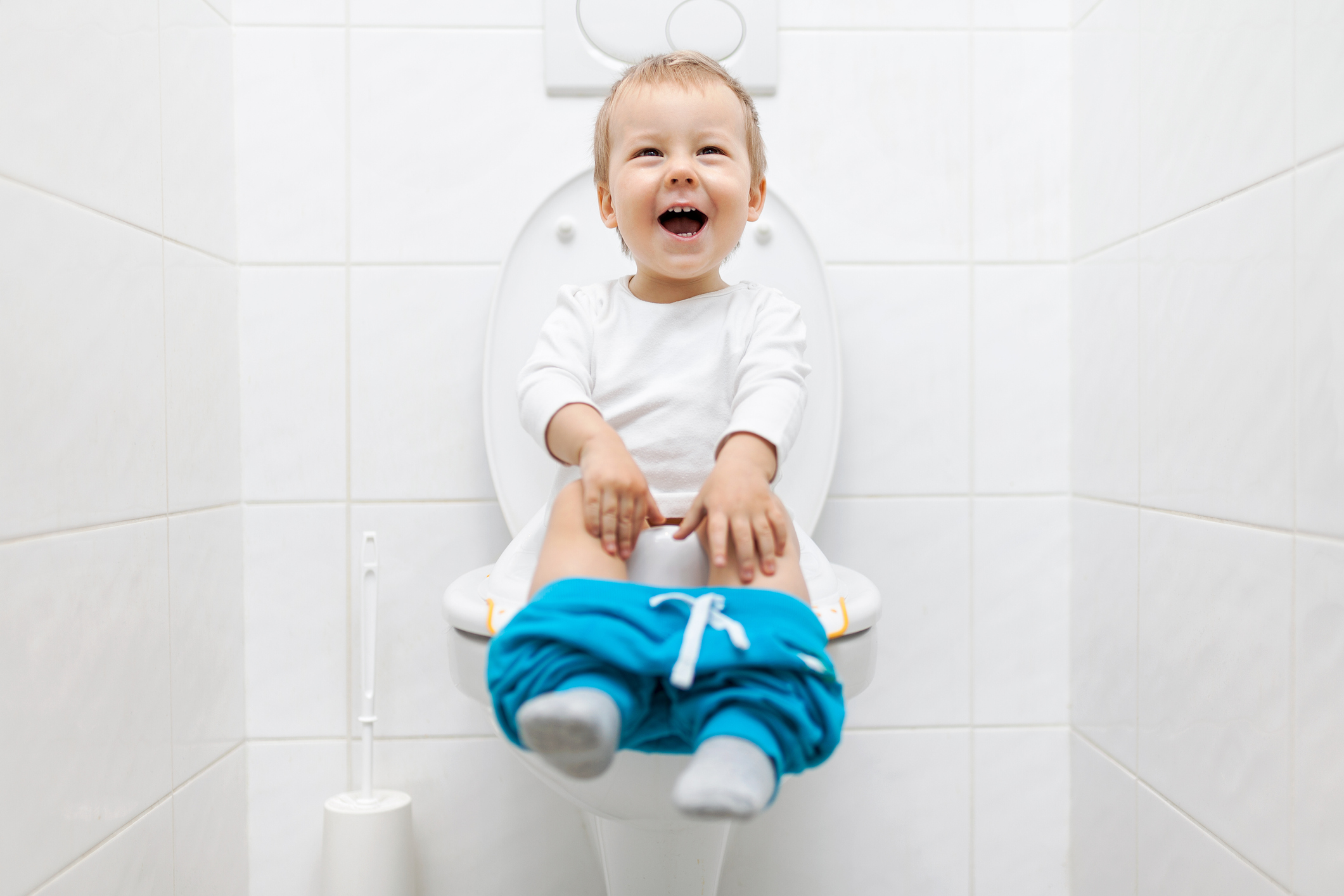Experts agree that infants have a natural desire to suck, both to get the nourishment they need from a bottle or breast, and to provide comfort. Many parents provide pacifiers to soothe their babies between feedings, only to find that it’s still a permanent fixture at age 2 or 3. Those who don’t get on the “paci” or “binky” train are sometimes concerned to see that their wee one has substituted his thumb to do the job. When you think it’s time for your child to leave these comfort habits behind, consider the following to help them graduate to big kid status.
- Some parents worry about the orthodontic ramifications of thumb-sucking and pacifiers. Dental experts agree that this isn’t a major concern until your child has permanent teeth coming in, usually around age 5 or 6. Until then, the habit may alter the appearance of their baby-tooth smile, but it’s not a permanent problem.
- Negative reinforcement is usually not effective in this arena. Instead of shaming or trying to discipline your little one into giving up the paci or thumb, try encouraging him to be a “big boy” and even offer some incentives.
- Take the process in stages. First, agree that we don’t use our paci or suck our thumb in public. When your child is comfortable with that arrangement, move on to only indulging at nap or bedtime. The last stage—and probably the toughest—is getting rid of these habits during sleep times, but it will happen. Just be patient.
- If your child has a collection of pacifiers, stop buying replacements. Soon she’ll be down to one, lone binky. When it falls apart or goes missing, it will be a natural end to the process, and may be one that your child accepts more readily than having a perfectly good pacifier taken away.
- Thumb sucking may be harder to abandon simply because, unlike a plastic pacifier, your child won’t loose or wear out his thumbs. While there are varying opinions on the practice, some parents report success by way of applying something safe and non-toxic—yet unpleasant tasting—to the thumb to help the child remember. The habit is probably so natural to your child that he or she doesn’t even realize that they’re putting the thumb in the mouth many times. The bad taste makes them aware of what they’re doing and that they don’t want to do it.
- If you want professional help, your dentist or orthodontist can make an appliance that prevents thumb sucking in older children.
- Finally, don’t stress out about kicking this habit. Most children give up thumb sucking when they become aware of how their peers perceive it and social pressure kicks in. Seldom do they go to the first day of junior high with the thumb in the mouth.










